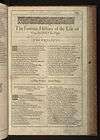Shakespearean comedy
In the First Folio, the plays of William Shakespeare were grouped into three categories: comedies, histories, and tragedies, though today many scholars recognize a fourth category, romance, to describe the specific types of comedies that appear as Shakespeare's later works.
"Comedy", in its Elizabethan usage, had a very different meaning from modern comedy. A Shakespearean comedy is one that has a happy ending, usually involving marriages between the unmarried characters, and a tone and style that is more light-hearted than Shakespeare's other plays. Patterns in the comedies include movement to a "green world",[1] both internal and external conflicts, and a tension between Apollonian and Dionysian values. Shakespearean comedies tend to also include:
- A greater emphasis on situations rather than characters (this numbs the audience's connection to the characters, so that when characters experience misfortune, the audience still finds it laughable)
- A struggle of young lovers to overcome difficulty, often presented by elders
- Separation and re-unification
- Deception of characters (especially mistaken identity)
Several of Shakespeare's comedies, such as Measure for Measure and All's Well That Ends Well, have an unusual tone with a difficult mix of humour and tragedy which has led them to be classified as problem plays. It is not clear whether the uneven nature of these dramas is due to an imperfect understanding of Elizabethan humour and society or a deliberate attempt by Shakespeare to blend styles and subvert the audience's expectations. By the end of Shakespeare's life, he had written seventeen comedies. Cymbeline, listed in this article with the comedies, was, in the First Folio, included among the tragedies, even though it has many of the features of the so-called "late romances" (including a happy ending).
List of comedies by William Shakespeare
This alphabetical list includes everything listed as a comedy in the First Folio of 1623, in addition to the two quarto plays (The Two Noble Kinsmen and Pericles, Prince of Tyre) which are not included in the Folio but generally recognised to be Shakespeare's own. Plays marked with an asterisk (*) are now commonly referred to as the 'romances'. Plays marked with two asterisks (**) are sometimes referred to as the 'problem plays'.
- All's Well That Ends Well**
- As You Like It
- The Comedy of Errors
- Love's Labour's Lost
- Measure for Measure**
- The Merchant of Venice
- The Merry Wives of Windsor
- A Midsummer Night's Dream
- Much Ado About Nothing
- Pericles, Prince of Tyre*
- The Taming of the Shrew
- The Tempest*
- Twelfth Night
- The Two Gentlemen of Verona
- The Two Noble Kinsmen*
- The Winter's Tale*
- Cymbeline*
References
- ↑ Regan, Richard. "Shakespearean comedy". Retrieved on 11 January 2007.
| |||||||||||||||||||||||||||||||||||||||||||||||||||||||||||||||||||||||||||||||||||||||||||||||||||||||||||||||||||||||||||||||||||||||||||||||||||||||||||||||||||||||||||||||||||||||||||||||||||||||||||||||||||||||||||||||||||||||||||||||||||||||||||||||||||||||||||||||||||||||||||||||||||||||||||||||||||||
| |||||||||||||||||||||||||||||||||||||||||||||||||||||||||||||||||||||||||||||||||||||||||||||||||||||||||||||||||||||||||||||||||||||||||||||||||||||||||||||||||||||||||||||||||||||||||||||||||||||||||||||||||||||||||||||||||||||||||||||||||||||||||||||||||||||||||||||||||||||||||||||||||||||||||||||||||||||
| |||||||||||||||||||||||||||||||||||||||||||||||||||||||||||||||||||||||||||||||||||||||||||||||||||||||||||||||||||||||||||||||||||||||||||||||||||||||||||||||||||||||||||||||||||||||||||||||||||||||||||||||||||||||||||||||||||||||||||||||||||||||||||||||||||||||||||||||||||||||||||||||||||||||||||||||||||||
.png)
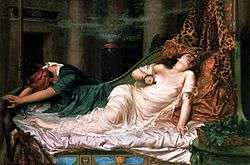


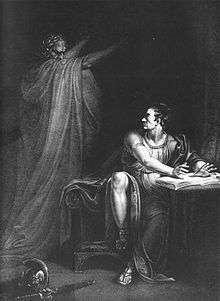


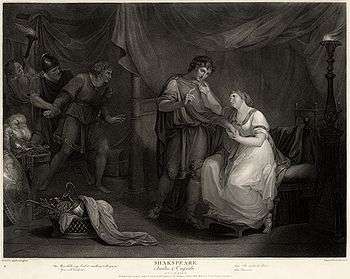





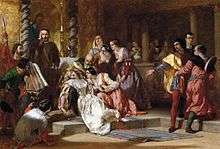

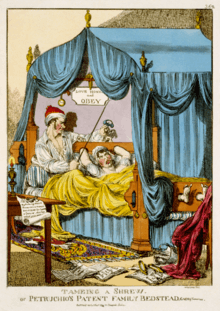
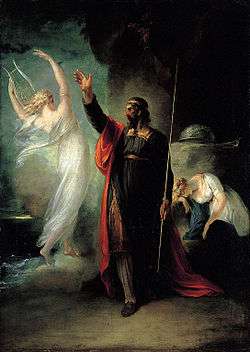

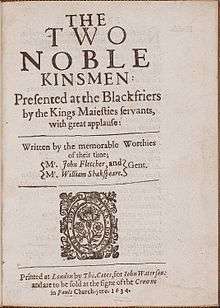
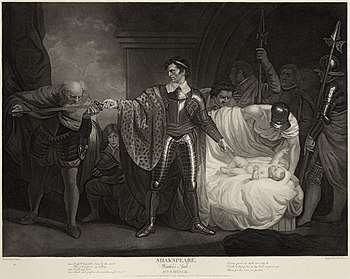
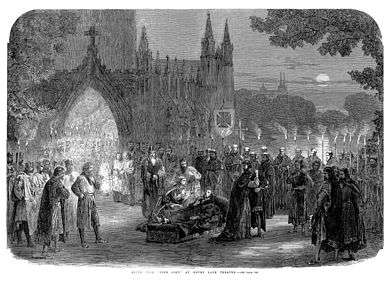
.jpg)
